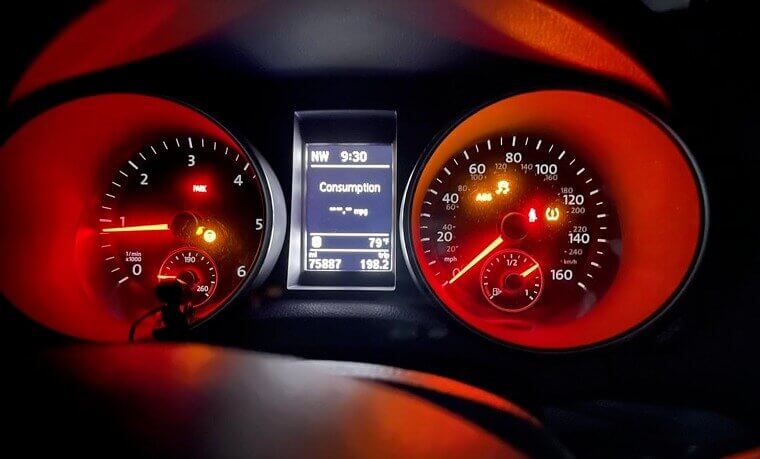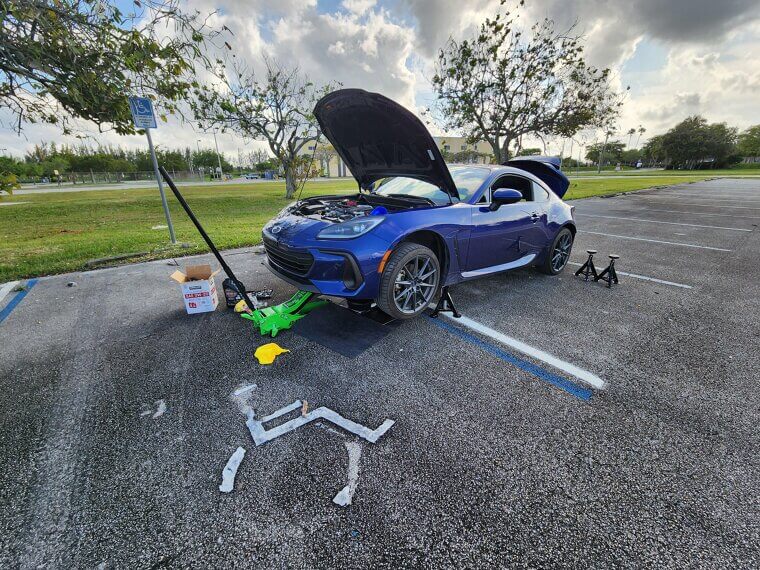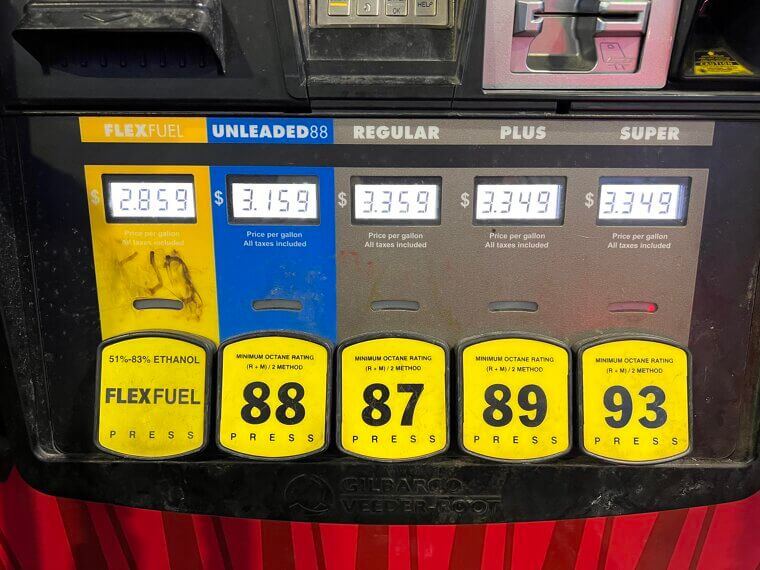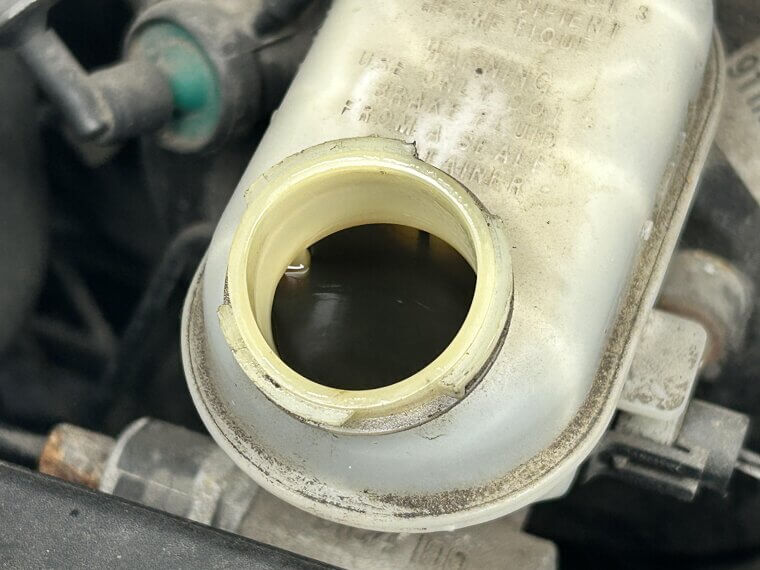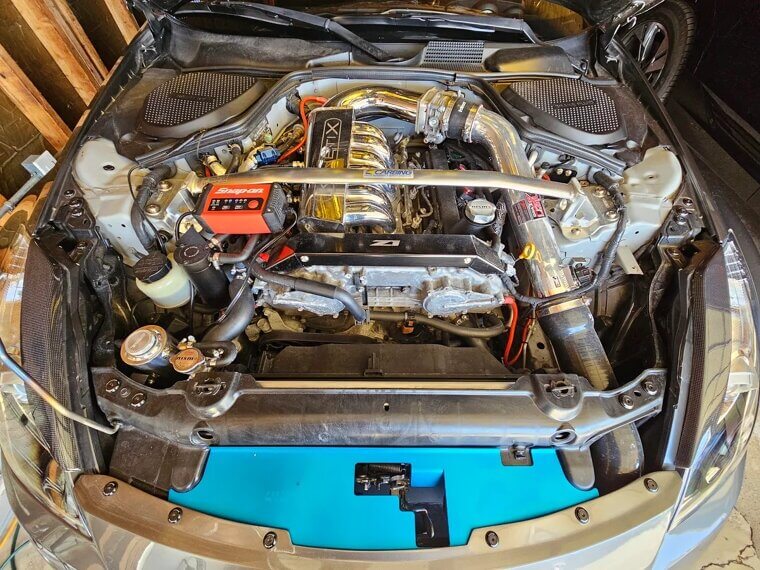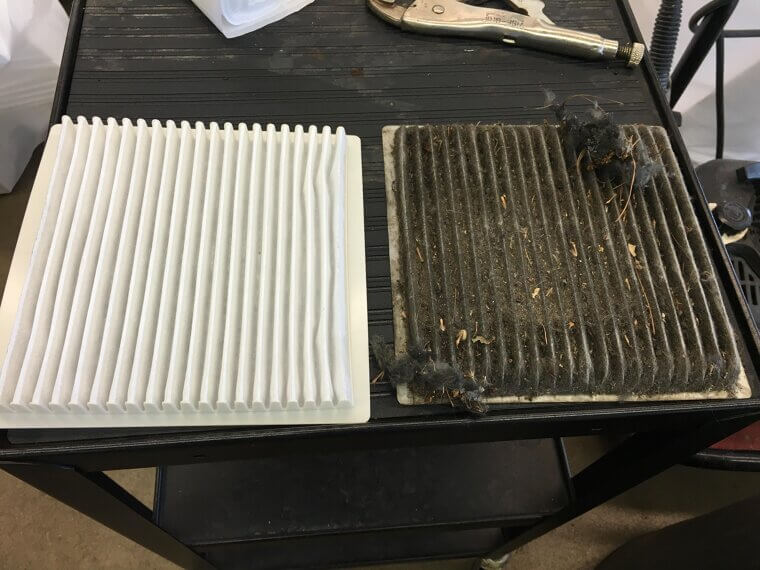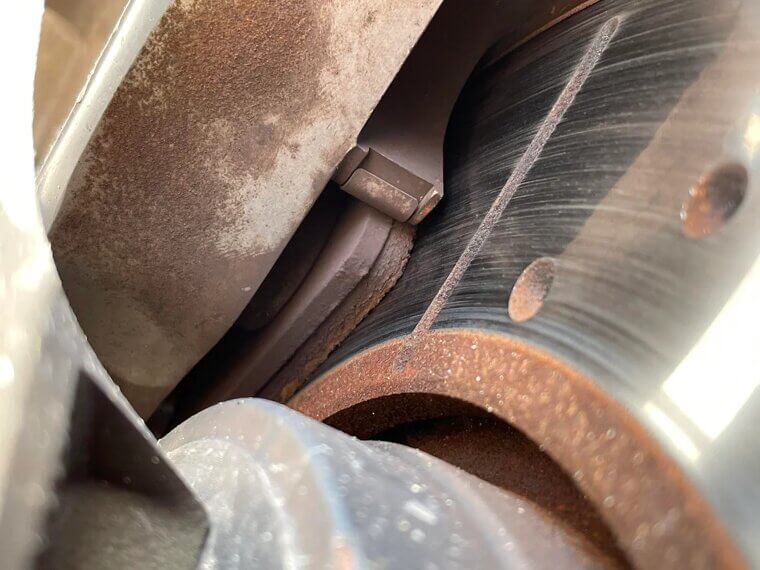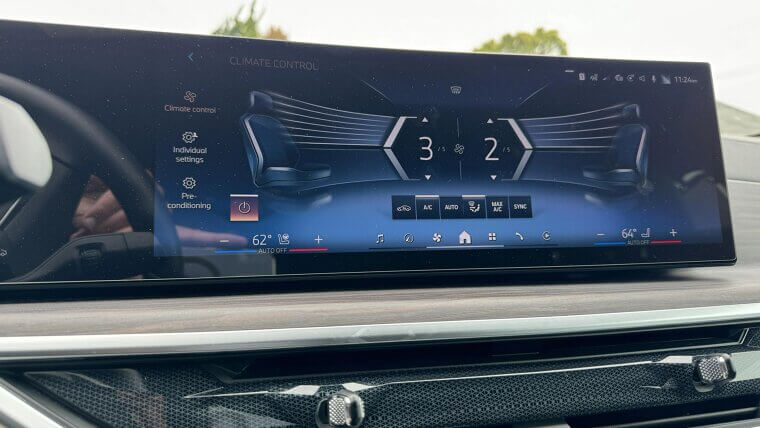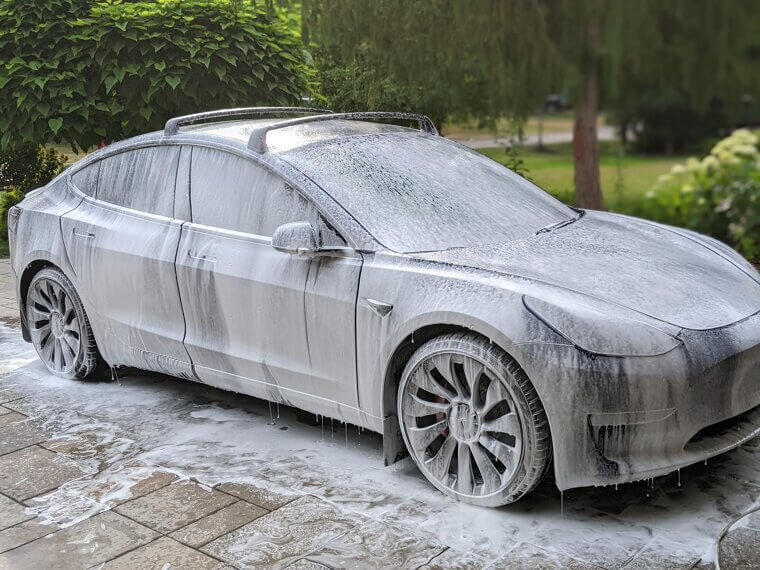Money-Wasting Vehicle Maintenance Myths
When it comes to vehicle ownership, there are numerous misconceptions about how to spend your money effectively. There are plenty of outdated ideas that are simply not true. Keep reading for the top car maintenance myths that are costing you more money when they save.
Changing Oil Every 3,000 Miles
Changing your oil every 3,000 or so miles is an outdated method for keeping your car running in top shape. With modern engines and synthetic oils, you're more likely to only have to change your oil between the 5,000- and 10,000-mile mark.
Using Premium Fuel
Unless your car requires it, there's really no benefit to purchasing premium fuel. High-octane gas doesn't improve your car's performance in terms of power and isn't more fuel efficient. Spending extra on premium gas is a waste when regular fuel works just fine for most vehicles.
Warming up Your Engine Before Driving
Although it's a common misconception, idling your car's engine for several minutes before driving does nothing for the engine except waste fuel and increase engine wear, even in colder conditions. Most modern cars' engine bays warm up enough when you start driving.
Dealership Service Is Better
Dealerships are not the only option for car servicing and maintenance. Independent mechanics often use the same parts and processes at a significantly lower price point. After your warranty expires, you can still receive the same service elsewhere.
Flushing Fluids Regularly
Flushing fluids regularly is not often necessary. Some shops will take advantage of you when they see the chance. It's essential to refer to your car's maintenance scheduling guide. Over-servicing is a surefire way to drain your wallet.
Larger Tires Improve Performance
Bigger is not always better. In this case, for regular day-to-day drivers, it could mean affecting your fuel efficiency, straining your suspension, or causing your speedometer to malfunction. They may look aesthetically pleasing, but sticking to the tire size recommended by your manufacturer is important.
Frequent Engine Tune-Ups
Thanks to modern technology, newer vehicles rarely require regular full-on tune-ups. The components used are longer-lasting and of a higher build quality than those in older models. Always consult your car's manual first rather than relying on vague shop recommendations.
Aftermarket Air Filters Boost MPG
Aftermarket air filters that boost MPG are a common myth that simply isn't true. Most production market air filters are specifically designed for their particular model. The cost outweighs the benefit unless you are making significant modifications to your car. The promise of better mileage isn't applicable to the normal driver.
Brake Pads Need Replacement at 50%
Shops will often push early break replacements to boost sales. The fact of the matter is that you don't need to replace them immediately at 50%. In fact, most pads are known to be able to reduce the amount by as much as 25%. Replace them when they are worn out and need to be replaced.
AC Use Is Bad for Fuel Economy
Although your car's air conditioning may require a small amount of engine power, its impact on your vehicle's fuel economy is minimal. It's been proven that driving with your windows down at higher speeds creates drag and consumes more fuel.
Washing Your Car With Dish Soap to Save Money
Not only does dish soap strip the wax and protective coating from your car's paint, but using it over time can cause fading and damage to the exterior. Trust the automotive shampoos that cost a little extra so your vehicle retains that fresh look when it comes time to resell.

